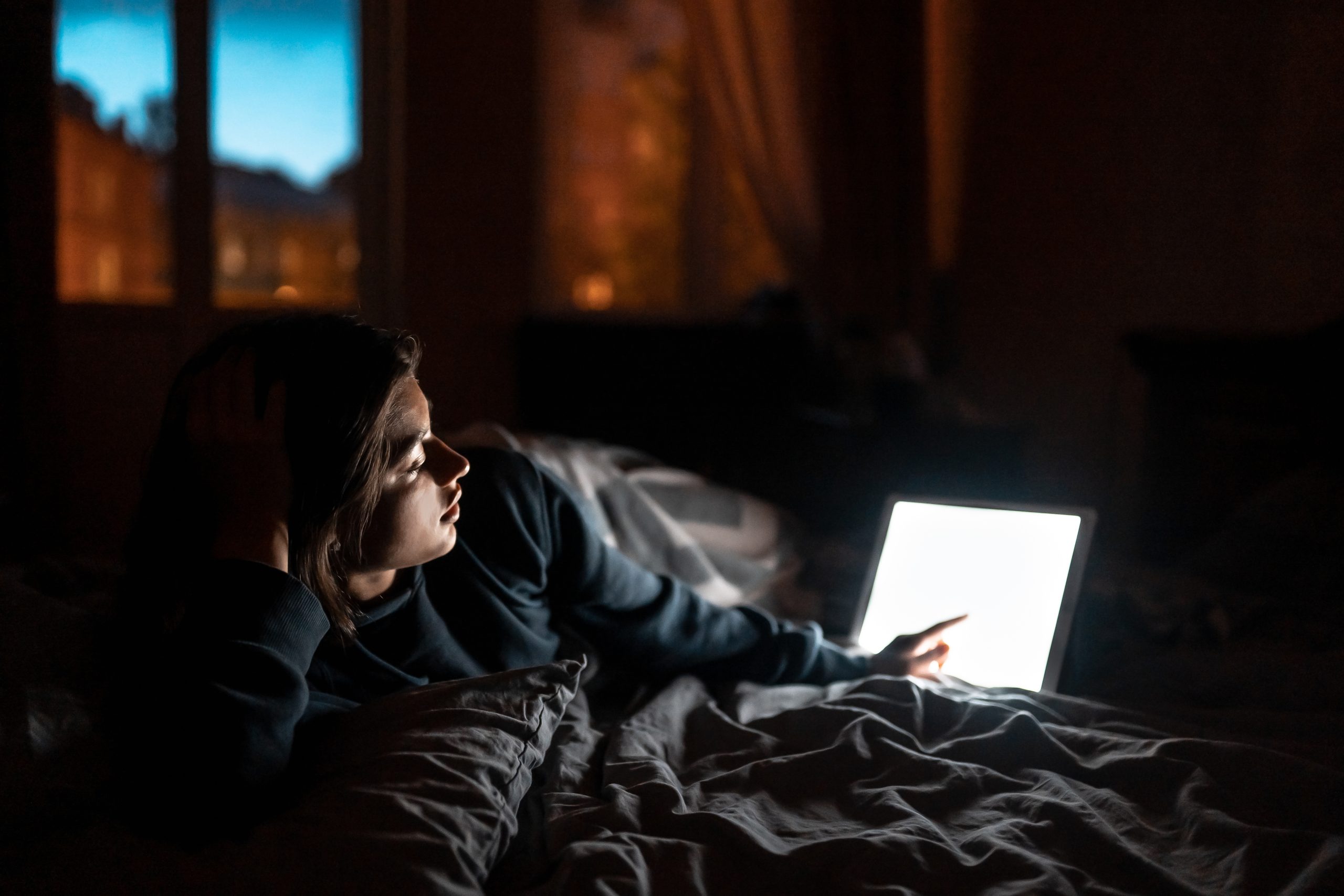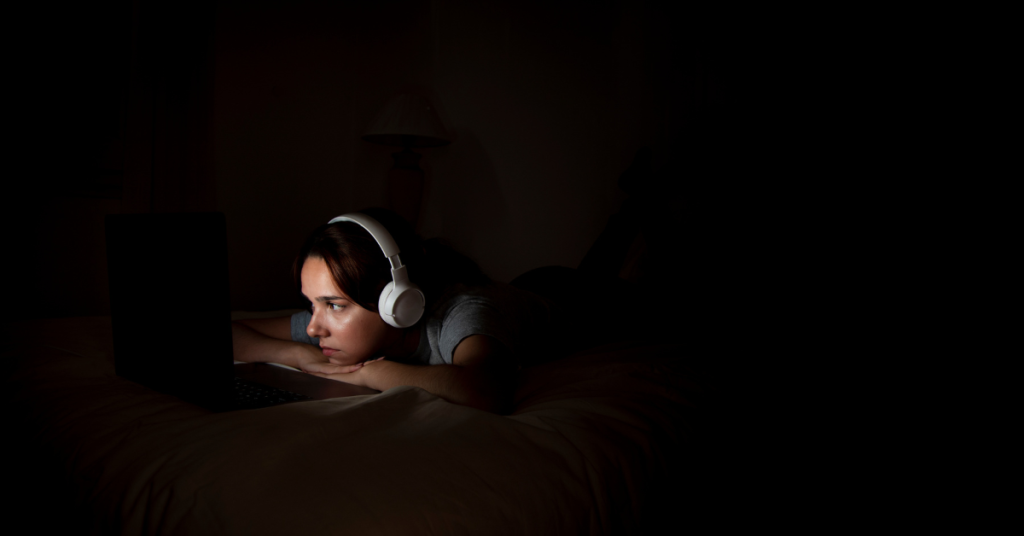
We all know someone (maybe we are that someone), who falls asleep when the rest of the world is awakening from their slumber, and that is their new normal.
In the fast-paced digital era of 2024, our quest for information, entertainment, and even closure through terms like doom-scrolling, binge-watching, and revenge-watching has inadvertently become the sandman’s nemesis. The consequence? A generation plagued by sleep deprivation and the incessant echo of “I can’t sleep!”
Moreover, the modern lifestyle often prioritises productivity over adequate rest. With a glorification of hustle culture, demanding work schedules, academic pressures, and the competitive nature of our society contribute to a culture that values constant activity, leaving little room for sufficient sleep. Social expectations and the glorification of busy lifestyles further perpetuate the notion that sleep is a luxury rather than a necessity.
Doom-scrolling: A gateway to sleepless nights

Photo: Victoria Romulo/Unsplash
Endless scrolling that starts with a ‘I will scroll until I fall asleep’, through grim news, social media feeds, and alarming headlines, often leading to heightened anxiety, three hours of doom scrolling, and almost no sleep in sight.
A recent study by the National Sleep Foundation revealed that a staggering 78% of individuals engage in doom-scrolling, with 64% admitting to doing so right before bedtime. This persistent exposure to distressing content has become a silent disruptor of our sleep patterns.
Dr. Emma Simmons, a renowned sleep psychologist, warns, “Doom-scrolling triggers a fight-or-flight response, releasing cortisol, the stress hormone, making it challenging for the brain to transition into a restful state.”
Binge-watching and the siege on slumber

Photo: Teksomolika/Freepik
Cosy in bed, lights out, yawning away to glory, but at the end of an episode of the series you’ve binged all night, do you find yourself calculating how bad of a decision it may be to just watch ‘one more episode’, and then give in? Netflix, probably asks you a bunch of times if you’re still watching even when the clock has struck three in the morning.
According to a survey conducted by SleepHealth, 87% of participants admitted to binge-watching regularly, with 42% confessing to sacrificing sleep to finish a series. This habit, although entertaining, wreaks havoc on our circadian rhythm.
Sleep specialist, Dr. Michael Chen, emphasises, “Excessive screen time suppresses melatonin production, disrupting the body’s internal clock. The blue light emitted by screens further confuses our brain, making it harder to wind down.”
Revenge-watching: The cycle of insomnia

Photo: Freepik
Most nights, post a long and stressful day of work, we find ourselves re-watching a series or movie with the intent of seeking closure, satisfaction, comfort, or understanding. Knowing how a movie ends or knowing exactly which episodes to watch, somehow helps with providing a sense of control and helps avoid any feelings of uncertainty or even confusion.
However, in a survey by Sleep Trends, 68% of participants admitted to revenge-watching, with 51% doing so late into the night. This pattern of repetitive viewing, driven by unresolved emotions, contributes to the vicious cycle of sleeplessness.
Dr. Sarah Reynolds, a sleep behaviour expert, notes, “Revenge-watching can stimulate emotional responses, hindering the brain’s ability to switch off. The perpetual cycle of unresolved narratives can disturb sleep patterns, fostering a sense of restlessness.”
Embracing the sleep revolution of 2024
If, like me, your resolution for the new year is getting quality slumber and your sleep cycle back on track, here’s how you can make the process easy for yourself!
1. Digital detox before bed: Establish a tech-free zone an hour before bedtime to mitigate the impact of doom-scrolling.
2. Screen-time curfew: Implement a self-imposed limit on binge-watching hours, ensuring a healthier balance. Most phones allow you to turn on this feature too.
3. Mindful viewing: Practise conscious content consumption, avoiding revenge-watching to prevent emotional turbulence.
4. Consistent sleep schedule: Set a regular sleep-wake cycle to regulate the body’s internal clock.
5. Creating a relaxing bedtime routine: Engage in calming activities before bedtime, such as reading or gentle stretching.
5. Optimising sleep environment: Ensure a cool, dark, and quiet sleep space for optimal rest.
6. Download sleeping apps: From sleep meditation, calming sounds, or tips and tricks for better sleep, an app can ease the process of fixing your sleep cycle.
As we navigate the labyrinth of modern distractions, it’s crucial to recognise the impact of our digital habits on sleep. The sleep revolution of 2024 beckons us to reclaim our nights, bid adieu to panda eyes, and embrace the transformative power of restful slumber.

